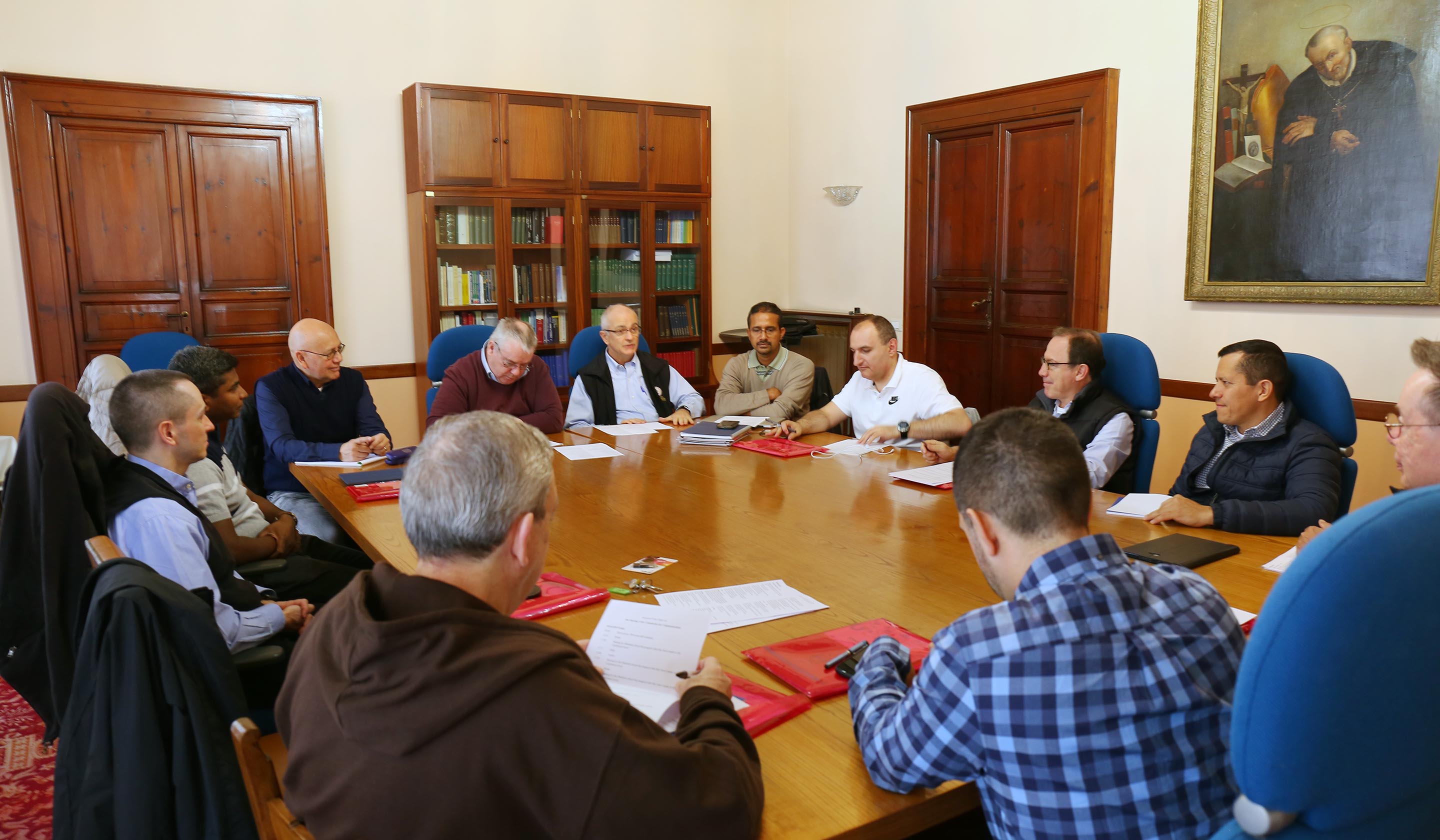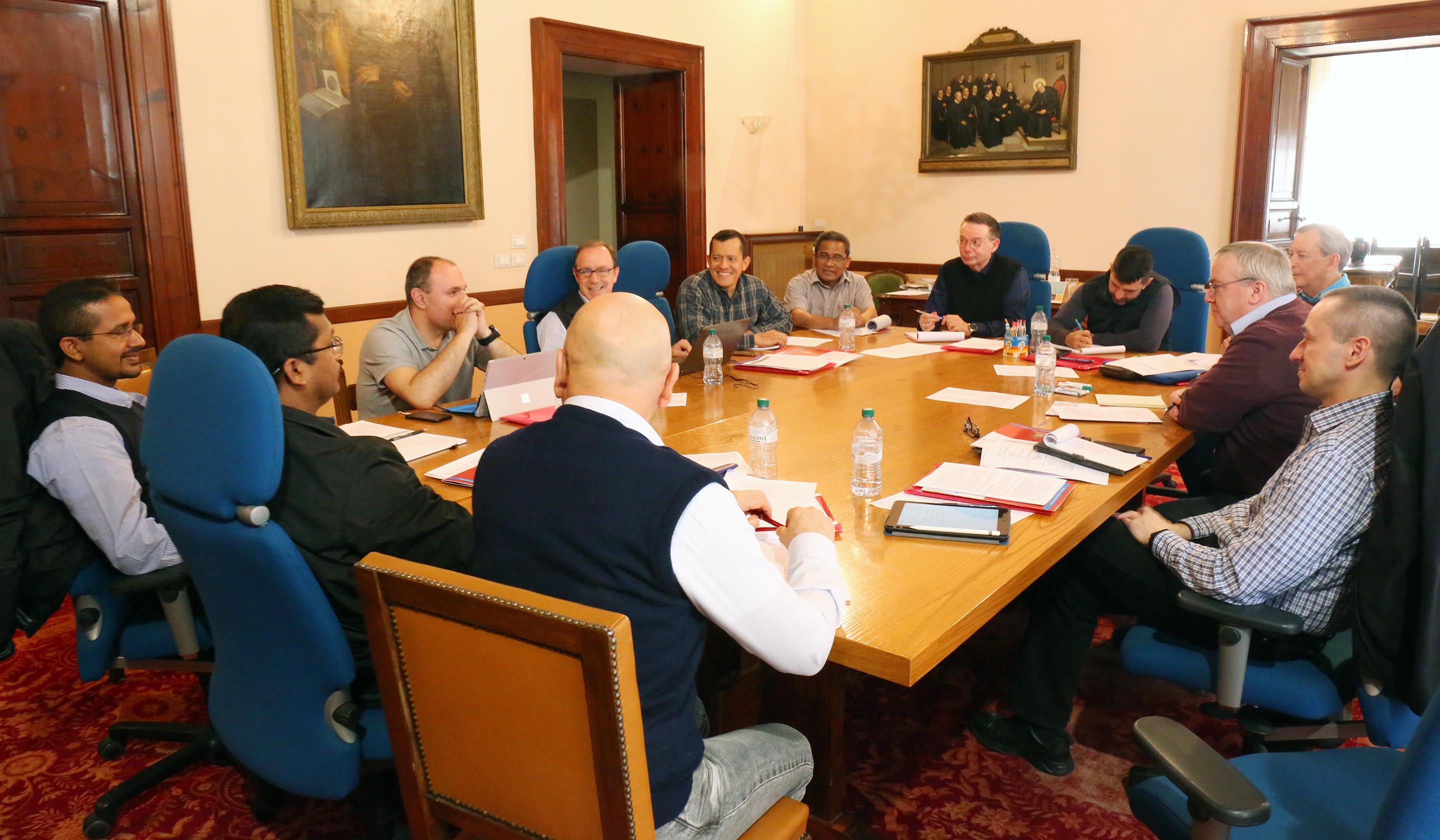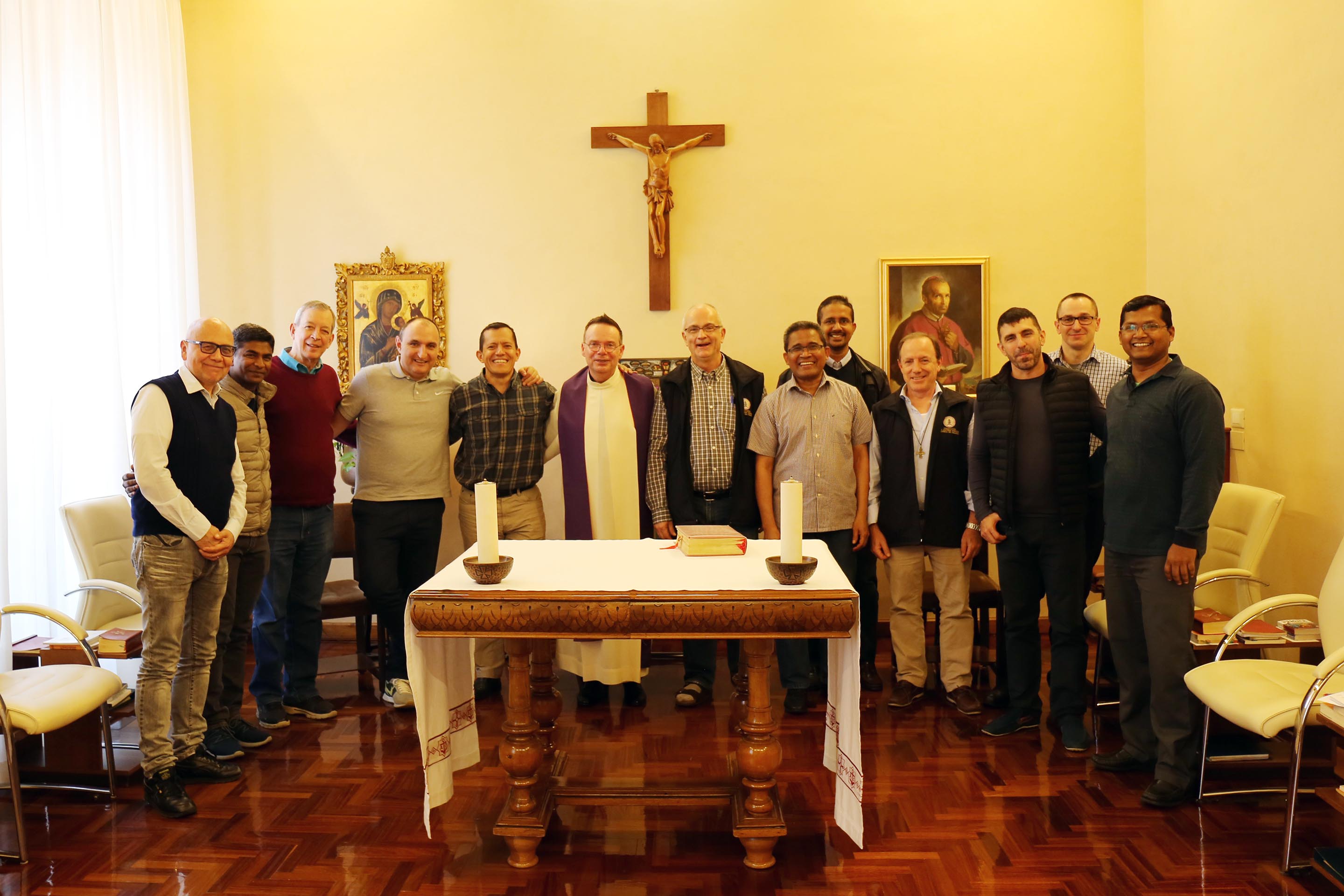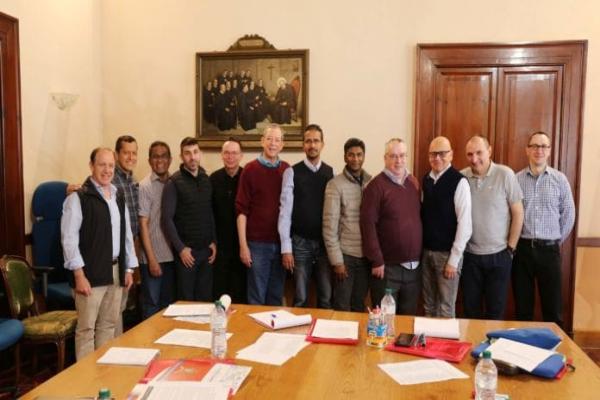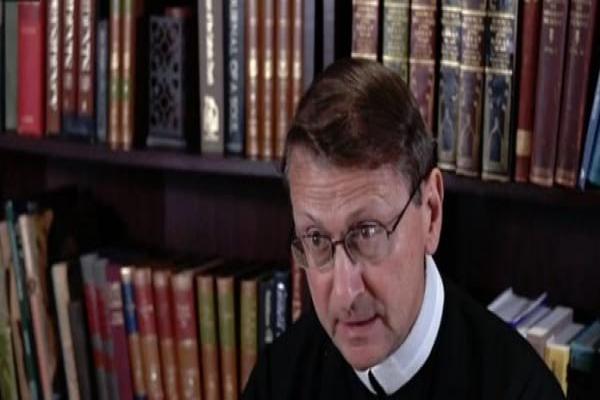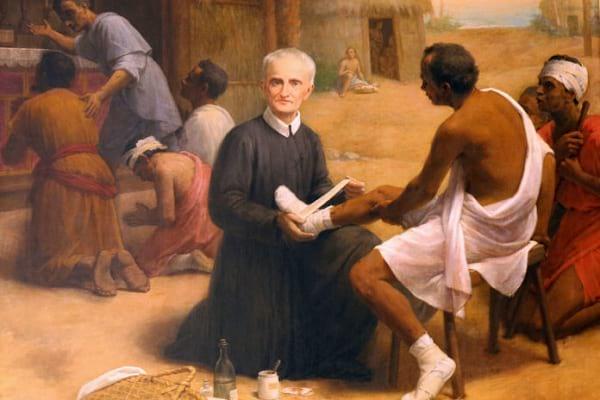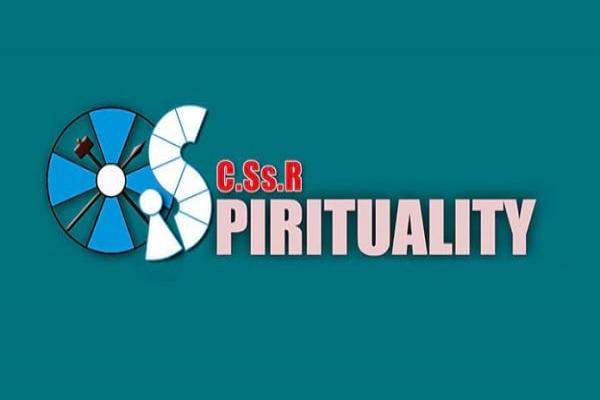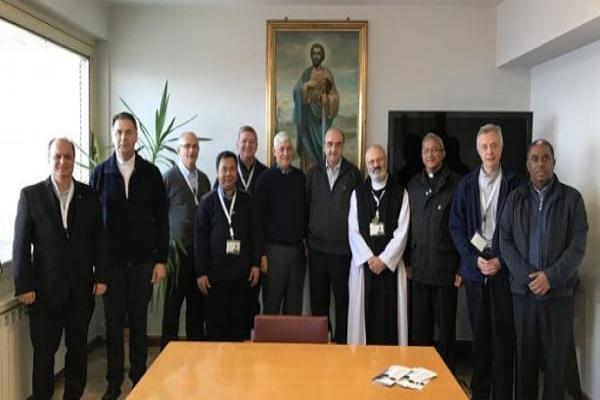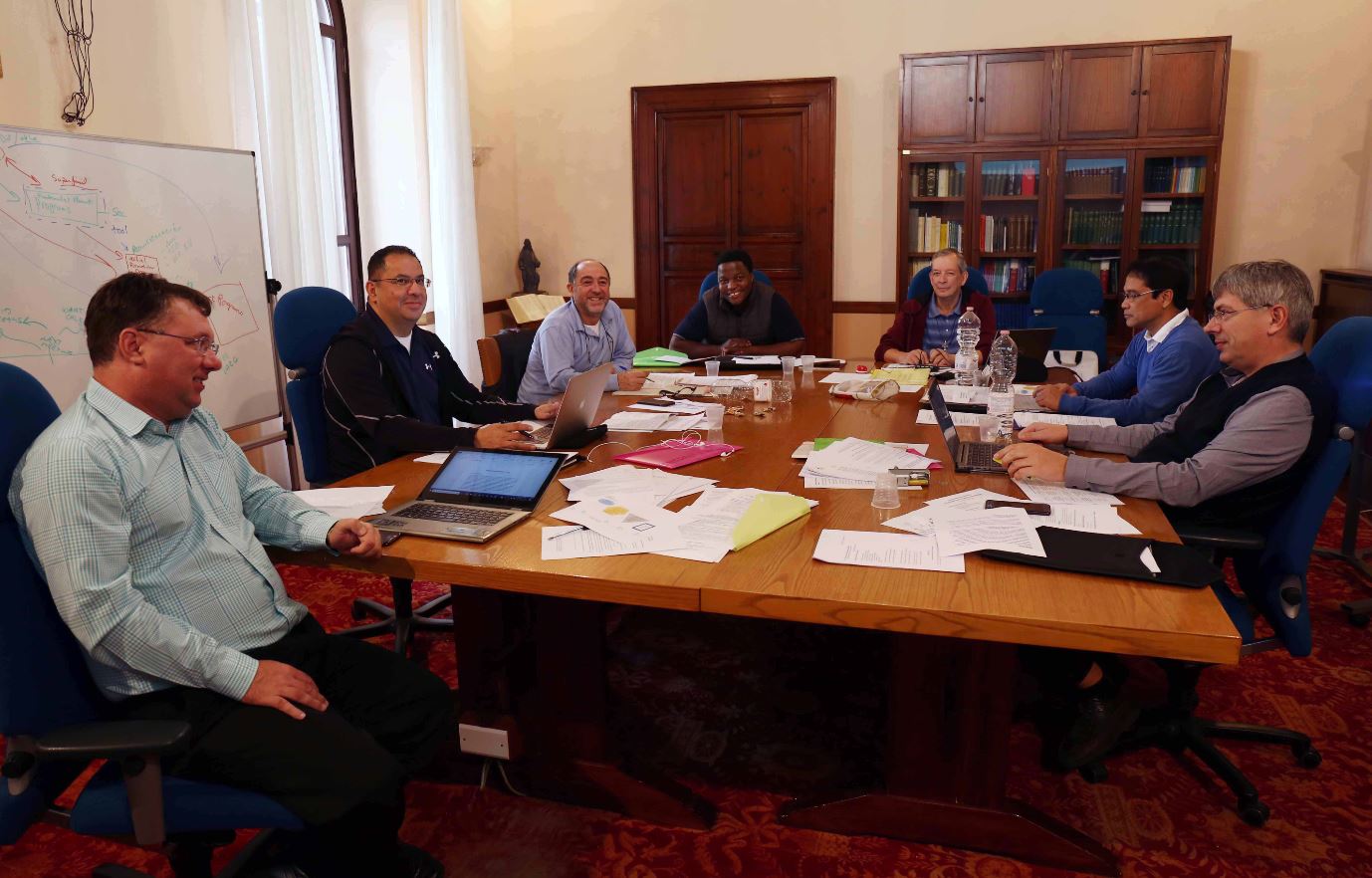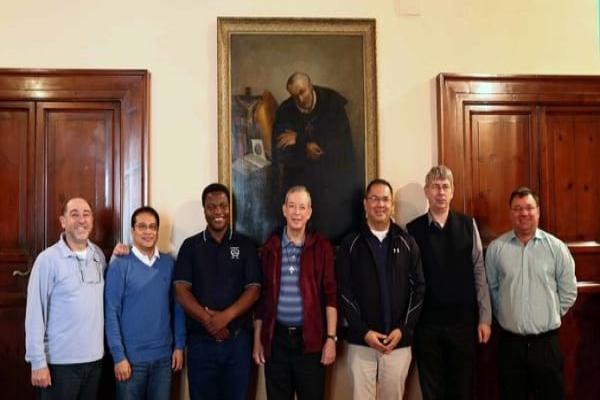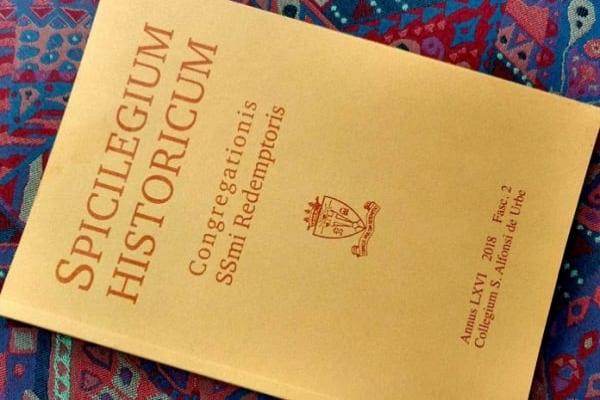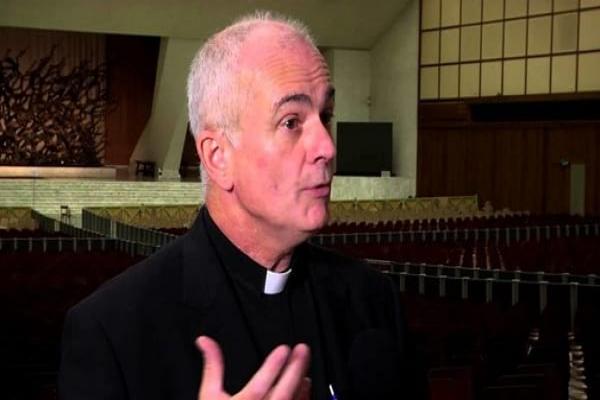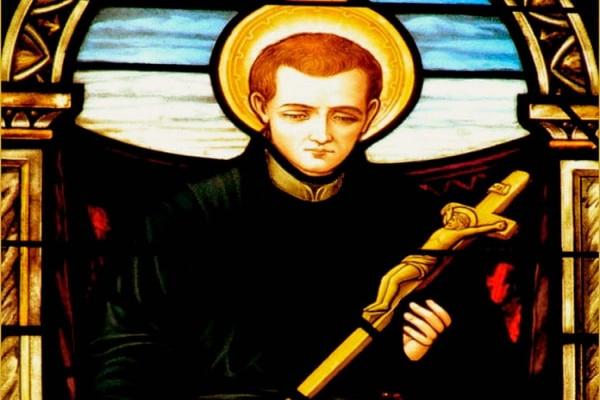Introduction
As we continue to reflect upon the message of the XXV General Chapter to the Congregation, we read that we are invited to create one missionary body. This awareness should lead us to concrete choices and decisions that empower us to really live a vibrant community life. Such a community examines its “health” by looking carefully at itself, asking if being creatively faithful to the Gospel is still our first priority. If we are faithful to the Gospel, our community is able to read attentively the signs of the times, and courageously respond to the challenges according to its real possibilities and capacities. Let us read the text taken from the final document:
- In order to carry out its mission in the Church, the Congregation gathers persons who, living in common, make up one missionary body (C. 2). And so all Redemptorists know themselves to be members of a common project shared by all in the Congregation. We encourage all to care for their sense of belonging and to cultivate a true community life. The community we long for is a place where all confreres, old and young, with their gifts and wounds, are included and where co-responsibility becomes a reality.
- This community reads the signs of the times, is creatively faithful to the Gospel, and regularly promotes new initiatives that enliven the spiritual and community life of the confreres. Since it is an essential law of life that the members of the Congregation live in the community, and carry out their apostolate through the community, we are exhorted to always consider this communitarian aspect when taking on any missionary project. (C. 21).
In this perspective, the Redemptorist community, by the way, the members are faithful to the Gospel and live a community life, becomes the very first instrument of proclaiming the Good News. The Redemptorist community itself becomes the first proclamation and the first message preached to those who are abandoned and forgotten. Before we ever preach a sermon, we give testimony and announce the Gospel by our way of living and acting together.
We experience this every day that our people first look at us and then listen to us. For Redemptorists, there is nothing worse than the situation in which our life does not match our words.
This is true on the level of the individual, and it is true as well on the level of the community. It is crucially important that Redemptorists are aware that it is an essential law of life that we live in the community and act as a community. Our life as a community, a missionary community, must bear witness to Christ and the power of the Gospel. If this is authentic, then it paves the way for people to be open to our words.
Community life cannot be reduced to mere living together. It is about the sense of belonging to a family and about true fraternal relationships; this cannot be theoretical. It has to be real and concrete. It starts with our living together despite many difficulties connected with our way of doing things and our way of judging reality. Here some little and seemingly insignificant things can play a very important role. It is, finally, about discerning and accepting our missionary projects that have to include a communitarian aspect. Quite often this is omitted when private and more profitable solutions are applied.
This sense of belonging goes beyond my own local community, and fraternal relations go further than my community. It is a constant struggle between thinking globally and acting locally. We cannot be indifferent about our mission that is going on in many parts of the world even though it does not touch our own community; however, at the same time, we have to remember that the quality of our mission in the world depends on faithfulness to our local commitments.
The word of God is the light for our path
Romans 12, 1-8 (read the text)
Paul begins his words, addressed to his brothers, with a strong statement: “I urge you … by the mercies of God” and he invites them to become “a living sacrifice holy and pleasing to God”.
He invites his brothers to enter into a process of discernment. He calls them not to conformto the present situation but to search for the will of God using our human abilities.
He indicates that one body is composed of many members, but the whole structure finds its foundation only if it is rooted in Christ. In such a way he respects the universal and individual dimension of the Church but points out that it is Christ who gives unity to this composition. Unity and diversity is appreciated and valued as a way to understand, in faith, the will of God for both global and local measurements. They should complement and support one another.
It is interesting how the titles of the separate paragraphs of chapter 12 of Paul’s letter to the Romans develop. The chapter starts with an invitation to sacrifice of body and mind. Next, it indicates the composition of the Church, and finally, Paul indicates the driving force that should animate and give life to the whole structure: mutual love. They form together a sequence that could serve as a way or manner of how to approach and examine every complex reality: church, congregation, community etc.
From Our own Well
Father Joseph W. Tobin, at the end of his mandate as General Superior of our Congregation, wrote a Communicanda with the title: Letter to the Confreres. In this letter, he describes the state of the Congregation. Between many important observations, there are some that can help us to reflect on the life and mission of Redemptorists in the Church and in the world as One Missionary Body.
Communicanda 3 – 2009 (73-76):
It seems to me that we need to agree that whether we follow Christ in one way or another is not arbitrary. In the matter of vocation, there is nothing arbitrary. Each Christian must seek out his vocation, that is, God’s will in his individual case and, once he has found it, like the merchant in the parable of Jesus, “rejoice and sell all he has” to live in fidelity with the call of the Lord (Mt. 13,44). For my Mom and Dad, their vocation as spouses and parents is superior to all others because it is their vocation, that is, the one to which they were called. For me, to be a Redemptorist is the best possible way of life because it is the one to which God has invited me.
By our profession, we have responded to the Lord with the total gift of ourselves and have committed ourselves to seek the will of God within a concrete ecclesial community, the Congregation. Our obedience to God, something invisible, takes place within the framework of our visible community.
Just as we cannot affirm that we love the God we cannot see, if we despise the brother we do see (cf. 1Jn. 4,20-21), Redemptorists cannot state that they are seeking the will of God unless this search takes place within the visible community of the Congregation. So, the norms to guide discernment and decision-making are of crucial importance to avoid the danger of reducing the mission of the Congregation to a job or a career that is done principally for one’s own self-aggrandizement and thus to be managed more or less by each individual. Our Constitutions propose that the search for God’s will is a task for which every member of the Congregation is co-responsible.
No Redemptorist can disqualify himself from helping to create an obedient community, since to each one is given the manifestation of the Spirit for the sake of the common good (Con. 92; cf. 1Cor. 12,7; Con. 72). Thus, a crucial service for those in authority is to encourage the community in its effort to listen to, discern and carry out the will of God, “leading the members in such a way that they will co-operate with an active and responsible obedience in applying themselves to their duties and to the activities they undertake” (Con. 72).
For reflection and discussion:
What do you think about the quality of community life in your community?
Can you list positive points about our life and work as a community?
How can we improve our life and our mission as a community?
———————————————————————-
ONE BODY is a monthly text of prayer proposed by the Center for Redemptorist Spirituality. For more information:
Fr. Piotr Chyla CSsR (Director of the Center for Spirituality – fr.chyla@gmail.com).


